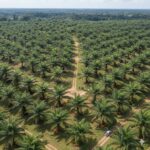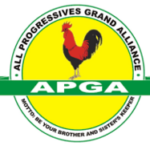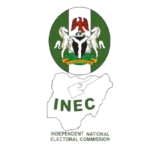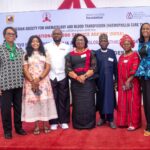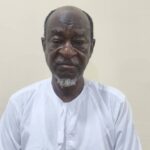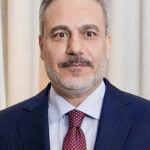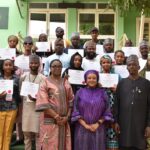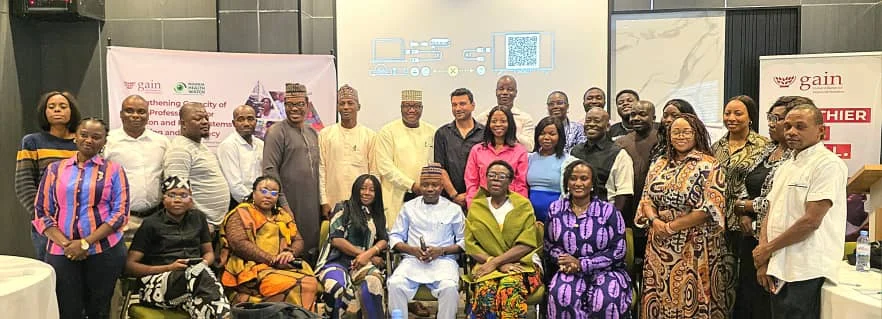Victor Ekeleme, Senior Associate, Communications at GAIN Nigeria, highlighted the media’s vital role in shaping public narratives and strengthening Nigeria’s food and nutrition ecosystem through responsible and informed reporting.
“We know the media plays a powerful role in shaping how people think, talk, and act about food and nutrition.
“This training empowers storytellers to drive a healthier food system,” he said.
He urged media professionals to use their platforms to educate the public on adopting nutritious diets, combating malnutrition, and encouraging behaviour that supports a stronger, healthier food system nationwide.
Ekeleme reiterated GAIN’s commitment to ensuring Nigerians not only accessed food but also benefited from nutritious options that supported better health, especially in underserved and food-insecure communities.
Dr Olapeju Phorbee, food systems consultant and CEO of the Food Agricultural Nutrition Network (FANN), called on the media to raise awareness about the benefits of nutrition for public health improvement.
“Since the public trusts the media, they should report more on nutrition, build knowledge in nutrition education and help promote healthier behaviours within the food system,” she said.
She encouraged Nigerians to prioritise safe, healthy, and diverse diets, noting that food should be regarded as medicine.
Speaking on food systems and nutrition-sensitive interventions, Sumit Karn, Public Health Nutritionist with UNICEF, urged journalists to go beyond headlines and investigate root causes of Nigeria’s nutrition challenges.
Damilola Ojetunde, Data Journalist with the BBC, encouraged participants to use verifiable data in nutrition reporting and present it through compelling narratives that engaged policymakers and spark meaningful action.
“Data reveals hidden patterns, inequalities, and the impact of policies. Journalists must use it to tell impactful, solutions-driven stories that can shape national development,” Ojetunde explained.
Habibat Lawal, a resource person, advised journalists to always fact-check their reports, ensuring accuracy and countering widespread misinformation and disinformation around nutrition and food security issues.
Chibuike Alagboso of Nigeria Health Watch, urged reporters to pursue credible, evidence-based responses to social challenges, analyse successful models, and identify limitations to improve policy and public outcomes.
Some participants said the training deepened their knowledge of nutrition and food systems and would help them report more effectively on programmes aimed at strengthening Nigeria’s food and health systems. (NAN)(www.nannews.ng)

